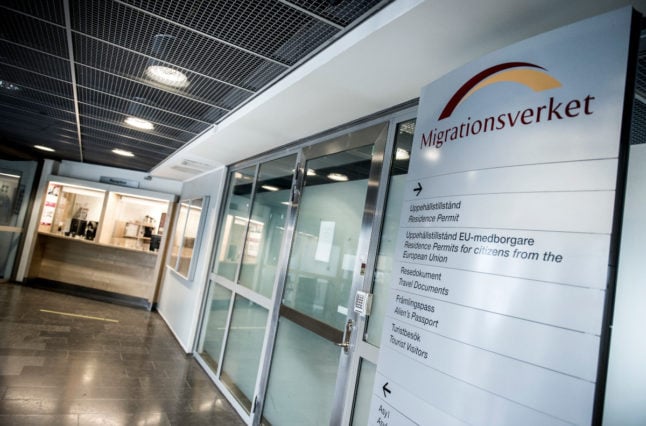Just like elsewhere, buying a house in Sweden often brings with it extra costs, which you may not have budgeted for. Here’s what you should be prepared to pay on top of the asking price.
If you’ve spent any time at all on Swedish property sites, you’ve no doubt realised that a large number of property ads look like something out of a furniture catalogue. Here are the secrets to achieving that look when selling your apartment, without having to fork out thousands of kronor for a stylist.
Unemployment is expected to rise this year, so it might be a good idea to know the rules for unemployment benefits just in case you’re unlucky enough to lose your job.
Public transport can be complicated, especially when all the screens and announcements are in another language. Find out the essential vocab below so that next time you understand why your train is delayed.
After you’ve got a basic knowledge of Swedish, you might be interested in exploring more of the country’s dialects so you can figure out which part of Sweden people come from. Try this guide from our archive – with audio examples – and find out if you can tell Gothenburg from Gotland.
You may soon need to take a language test for permanent residency or citizenship, as proposals to introduce tests work their way through parliament. But how good will your Swedish actually need to be?



 Please whitelist us to continue reading.
Please whitelist us to continue reading.
Member comments